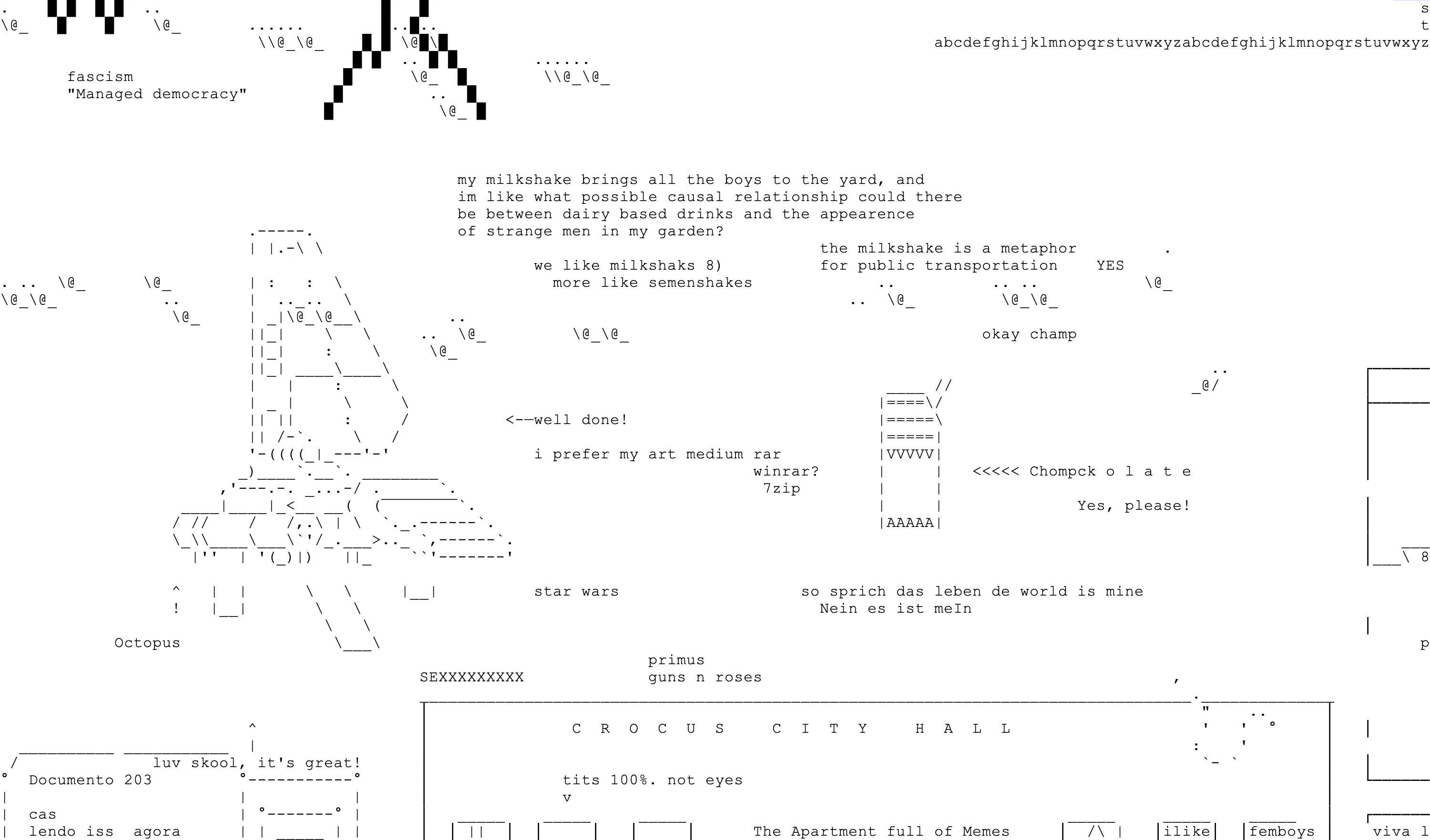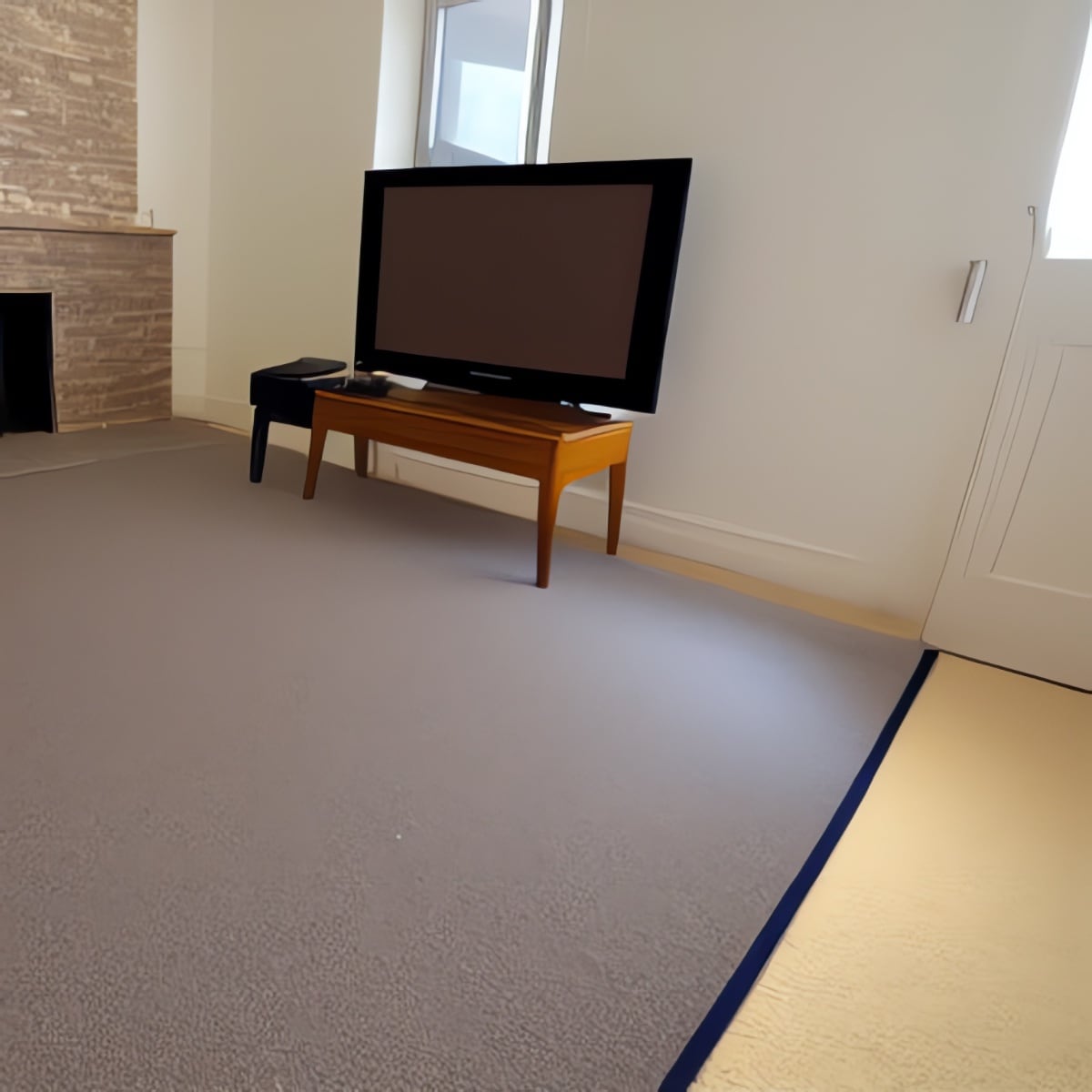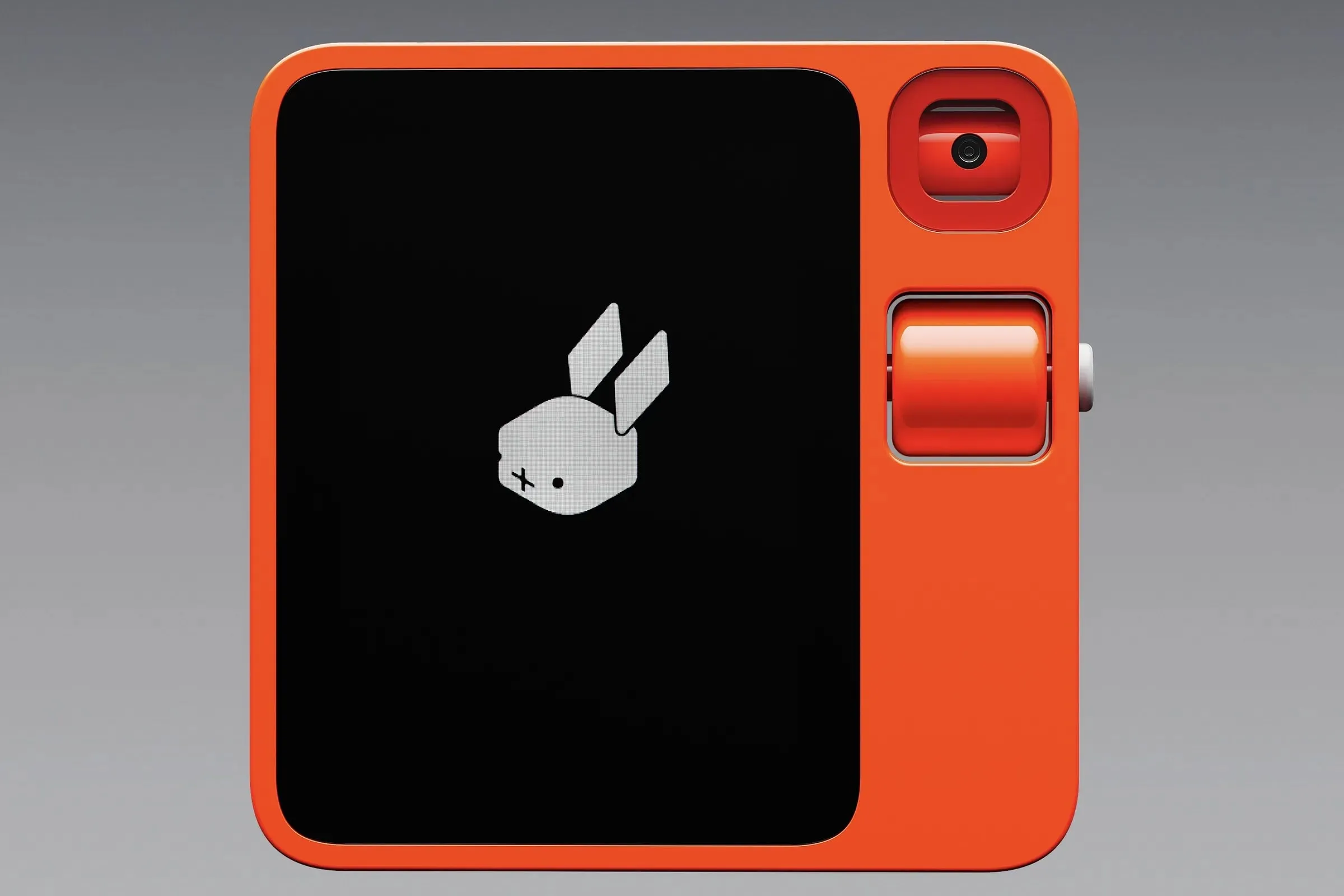Infinite canvas of editable multi-user text
Technology
Pluralistic: The antitrust case against Apple
pluralistic.netIt’s Time to Dismantle the Technopoly
newyorker.com…Cal Newport argues that we need to recognize the harms that technology has on us and our minds, and that it might be time to more aggressively curate the tools we allow in our lives.
Scott Nesbitt
The Dead Internet to Come
thenewatlantis.comA vague dread grips you. Why is everything a little bit different now? The smallest details are wrong. Your favorite posters have vanished from all platforms. There haven’t been any new memes for some time, only recycled iterations of old ones. Influencers are coordinated in their talking points like puppets being pulled by the same strings. Your favorite niche YouTuber has only recently been posting new content with any regularity. Is this a message? Is this what schizophrenia is like?
Are We Watching The Internet Die?
wheresyoured.atWe’re at the end of a vast, multi-faceted con of internet users, where ultra-rich technologists tricked their customers into building their companies for free. And while the trade once seemed fair, it’s become apparent that these executives see users not as willing participants in some sort of fair exchange, but as veins of data to be exploitatively mined as many times as possible, given nothing in return other than access to a platform that may or may not work properly.
Yet what’s happening to the web is far more sinister than simple greed, but the destruction of the user-generated internet, where executives think they’ve found a way to replace human beings making cool things with generative monstrosities trained on datasets controlled and monetized by trillion-dollar firms.
Their ideal situation isn’t one where you visit distinct websites with content created by human beings, but a return to the dark ages of the internet where most traffic ran through a series of heavily-curated portals operated by a few select companies, with results generated based on datasets that are increasingly poisoned by generative content built to fill space rather than be consumed by a customer.
Welcome to the future of television
sandwich.visionLED Matrix Earrings
mitxela.comDo Spencer’s Vibrators Have Malware on Them? An Investigation
404media.coInclusive Components
inclusive-components.designA blog trying to be a pattern library. All about designing inclusive web interfaces, piece by piece.
12 Modern CSS One-Line Upgrades
moderncss.devAn Interactive Guide to CSS Grid
joshwcomeau.comThe Brains Behind 2024’s Status Stove
heatmap.news…And then you learn that the stove has a battery in it, which means that unlike most other induction stoves, it can plug into a standard 120-volt outlet. You don’t have to get a pricy circuit upgrade, or an even pricier electrical panel upgrade, to install it.
Plus, the battery delivers enough power to boil a liter of water in 40 seconds. And you can still cook if the power goes out. And its eligible for a 30% tax credit.
And then, your brain explodes when you learn the battery is a smart energy storage device that can charge up when power is cheap in the morning so that you save money when you use it in the evening, when power prices are highest. You can also participate in programs that will pay you to dispatch power from your stove to the grid when demand is high.
Google Search Really Has Gotten Worse, Researchers Find
404media.coThe Rabbit R1
theverge.comPowered by a ‘Large Action Model,’ the $199 R1 isn’t just a chatbot — it’s a device for doing almost anything. Potentially.
How to Build a Small Solar Power System
solar.lowtechmagazine.comThis guide explains everything you need to know to build stand-alone photovoltaic systems that can power almost anything you want.





